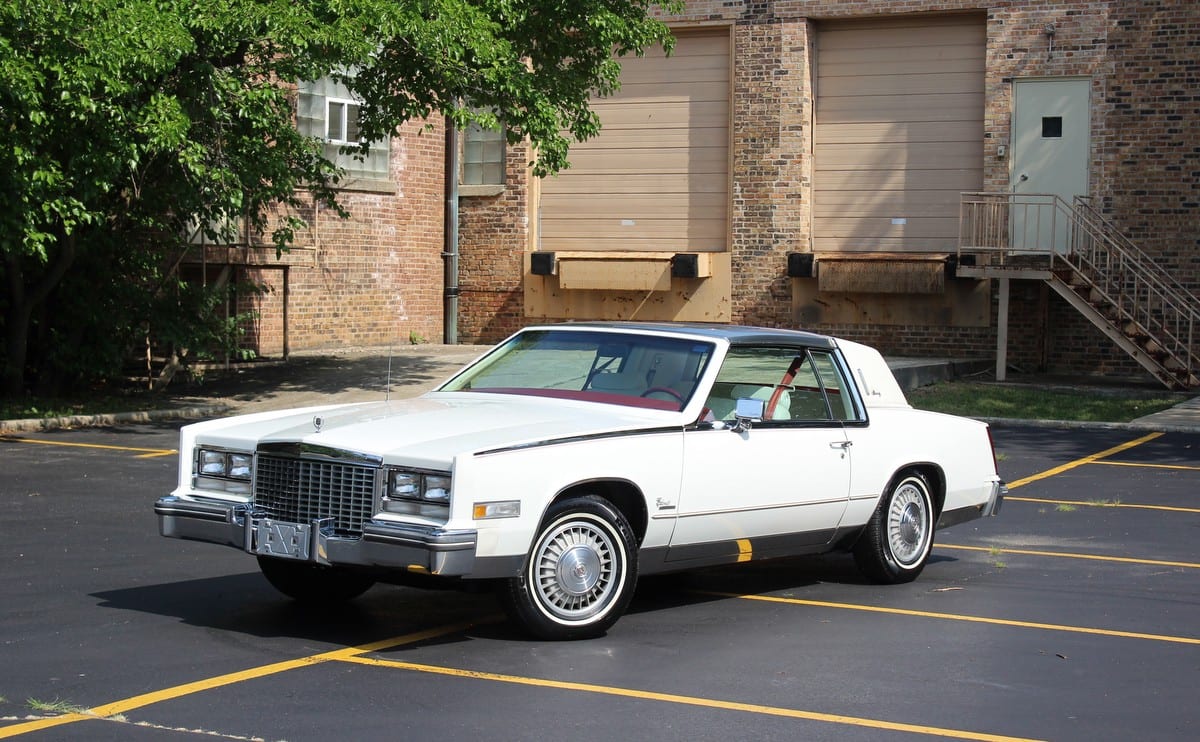No. The assets in a revocable trust created by a parent of a beneficiary are not part of the marital estate while the trust remains revocable.
What Happens to Revocable Trust Assets in a Divorce?
The assets in a trust can be included as part of marital property, or the income can be treated as income for alimony purposes, but only upon certain conditions. The recent Vermont Supreme Court case of Collins v. Collins, 2017 VT 70, 205 Vt. 251, 173 A.3d 345 holds that assets in a revocable trust, while still revocable, are not included as part of the marital estate. The husband’s father had set up the revocable trust, and while the trust was still revocable, the father changed the beneficiary.
The Vermont court was faced with two questions: could the father be subject to a subpoena to testify about the trust, and whether the trust assets were marital property. The Court answered both questions in the negative.
In this case, on the face of the trust, husband’s interest in the trust assets had not vested before wife’s subpoena. The trust documents allowed the grantors to amend the trust until both died, at which time the beneficiary’s interest in the trust would vest and the trustee would distribute the assets. Father was still alive when wife served the subpoena, so any beneficiary’s interest in the trust assets could be modified or divested. In fact, by the time of the subpoena, father had changed the beneficiary to the parties’ son and on the face of the trust document husband had no interest in the trust assets at all. Accordingly, the plain language of the statute applies and the family court properly determined that wife could not subpoena father to testify about the trust.
We first emphasize that wife’s general premise, that there was something fraudulent or legally improper in the change of trust beneficiary during the divorce proceedings as an attempt to keep the trust property out of the marital estate, is unfounded. By their nature, revocable trusts may be freely modified or revoked. See 14A V.S.A. § 602(c) (stating that “settlor may revoke or amend revocable trust” by complying with trust terms, executing a will or codicil explicitly doing so, or by “any other method manifesting clear and convincing evidence of the settlor’s intent”). The trust in this case explicitly provided that the grantors could revoke, alter, or amend the trust at any time. During a trust grantor’s lifetime, any interest of a beneficiary is subject to the grantor’s control. 14A V.S.A. § 603(a). Husband does not dispute that father changed the beneficiary to the parties’ son in order to bypass husband as a beneficiary, thereby keeping the trust property out of the marital estate. However, father was always entitled to name a new beneficiary, regardless of timing or purpose of the amendment. The fact that he made this change during the pending divorce in order to avoid a circumstance in which his assets would devolve to his son and become
part of the marital estate is not legally improper or fraudulent. The assets were father’s to transfer as he wished








